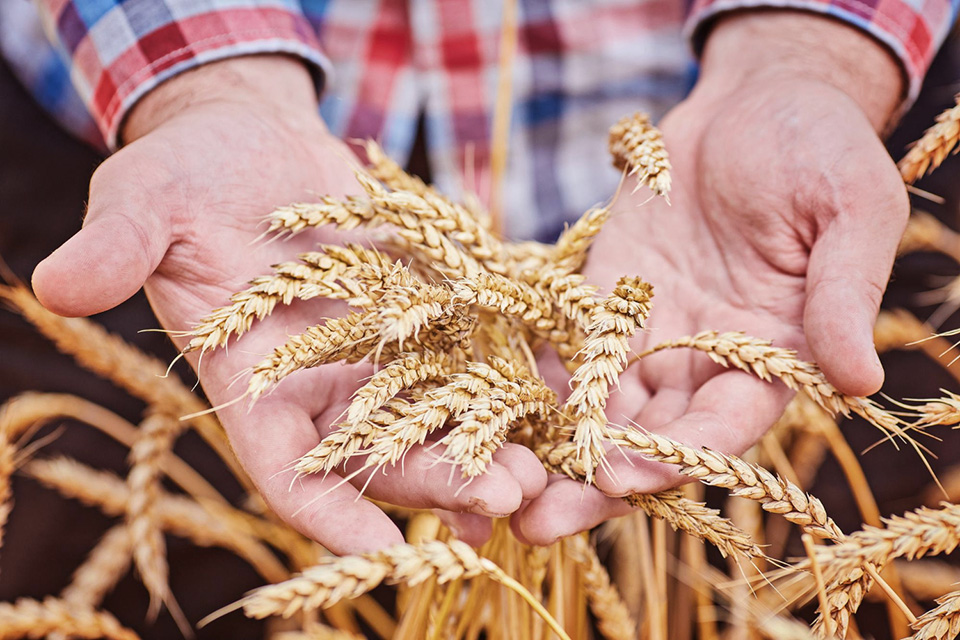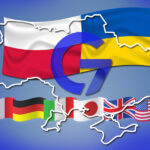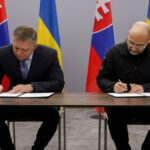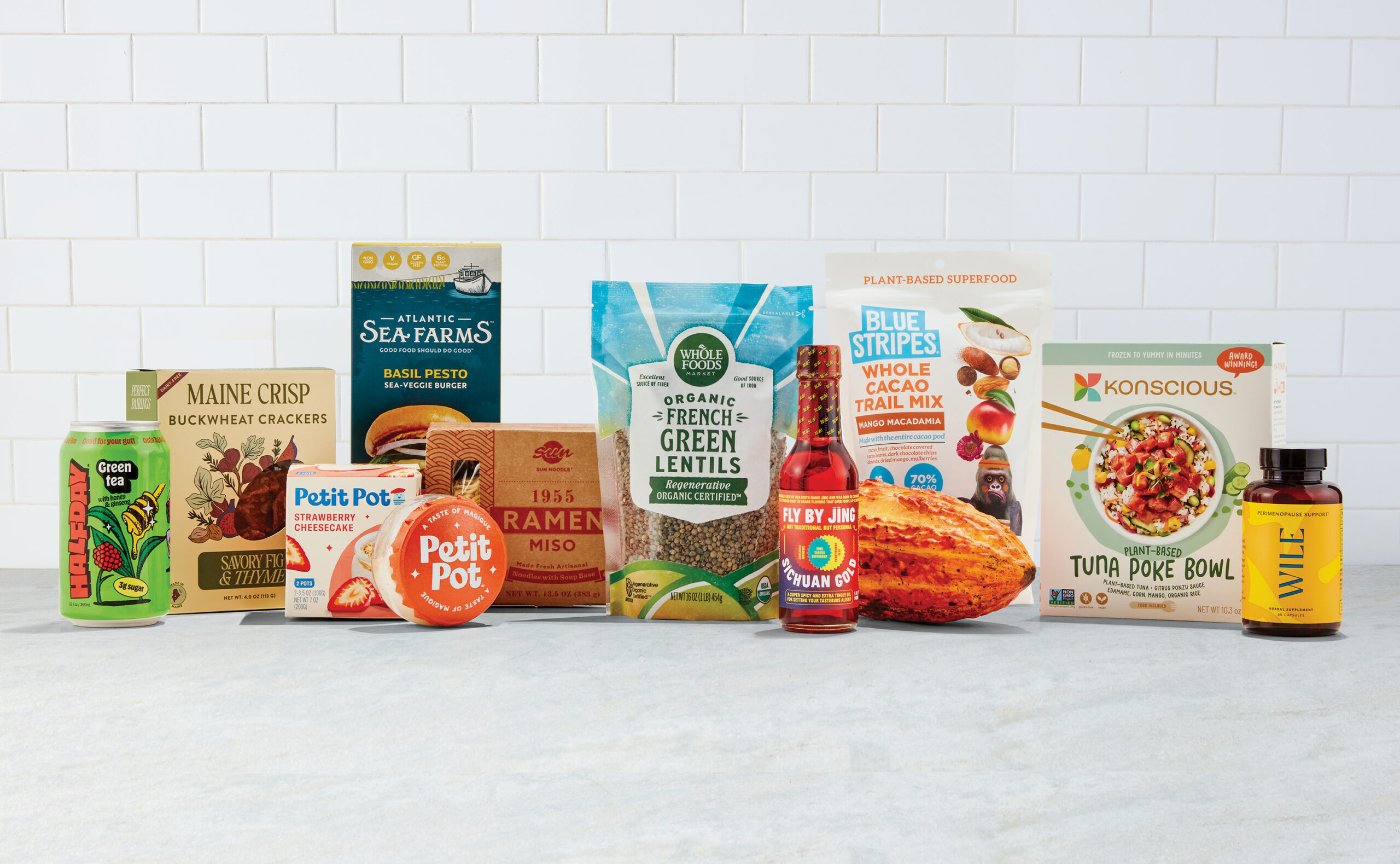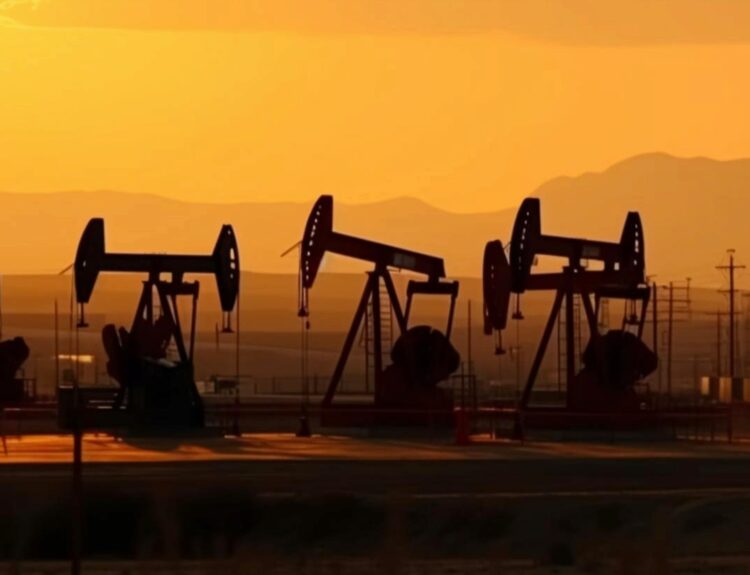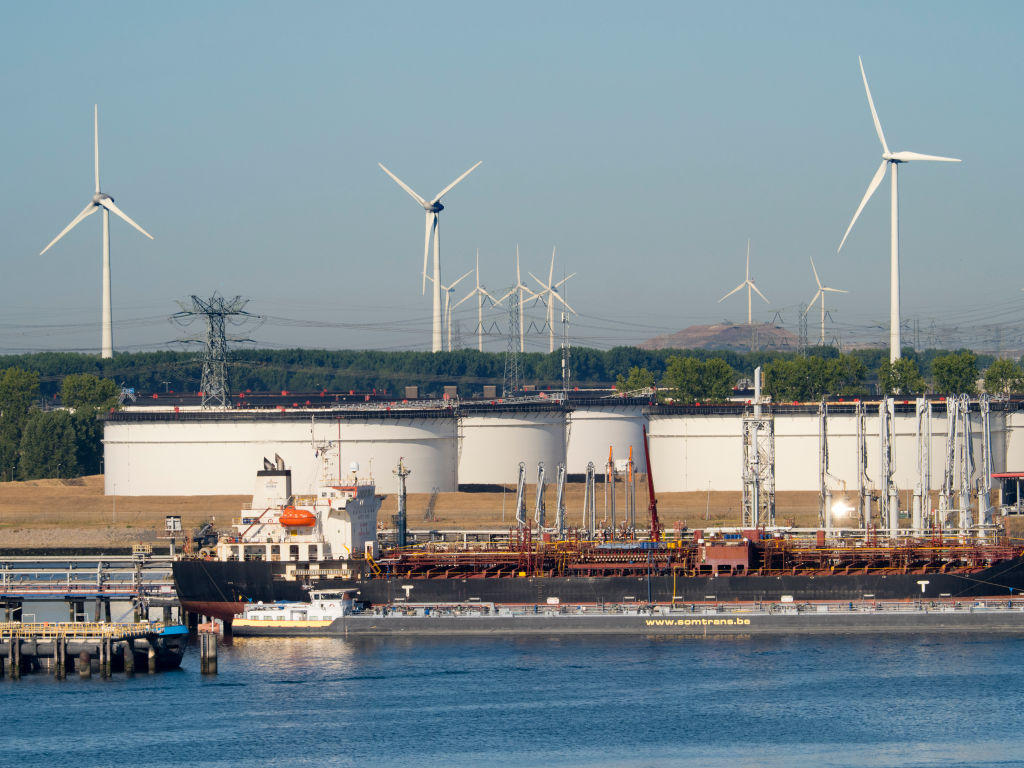The EU will continue to provide Ukraine with substantial support, and in this context, the European Commission will soon present proposals to extend the liberalization of agricultural trade with our Ukraine. This was stated in Brussels during a press conference following the EU Ministerial Council on Agriculture and Fisheries by David Clarinval, Deputy Prime Minister of Belgium, which holds the EU presidency. This is reported by Ukrinform.
“Member states have once again demonstrated solidarity with Ukraine. The European Commission will soon announce a proposal to extend liberalization measures for Ukraine. Member states hope to receive information about this extension, as well as a vision of long-term trade relations [with Ukraine],” said the Belgian official, who is also responsible for the agricultural sector.
He noted that some EU countries have expressed some concerns about trade liberalization with Ukraine. In this context, according to Clarinval, the Belgian EU Presidency maintains a consistent position and prefers pan-European solutions.
“We do not believe that member states can or should solve this problem alone. It is important that we preserve the single market and continue to stand shoulder to shoulder with Ukraine. The European Union will continue to provide Ukraine with substantial and important assistance,” the Belgian Deputy Prime Minister emphasized.
He noted that the Belgian EU Presidency will keep these issues in the centre of attention during the next six months of its mandate. At the same time, it will seek solutions that could satisfy all member states, taking into account the concerns of European farmers.
Clarinval also said that the ministers, with the participation of representatives of the European Commission, held the first debate on the future of the farming sector and the EU’s Common Agricultural Policy in general. Member states, he said, would like to quickly start such a strategic dialogue on the future of European agriculture.
In addition, the EU Council of Ministers considered the aforementioned regulatory rules on autonomous trade measures at the request of the Polish delegation, as well as the issue of imposing sanctions against imports of agricultural products from Russia, which was raised by the Latvian delegation.
As reported, last year, the European Commission initiated the creation of a Contact Group to address problematic issues of Ukrainian grain exports. The group, chaired by the European Commission’s Executive Vice President Valdis Dombrovskis, includes Ukraine, as well as representatives of Poland, Hungary, Bulgaria, Romania, and Slovakia. Other interested EU countries may join the group.
Source: The Gaze


